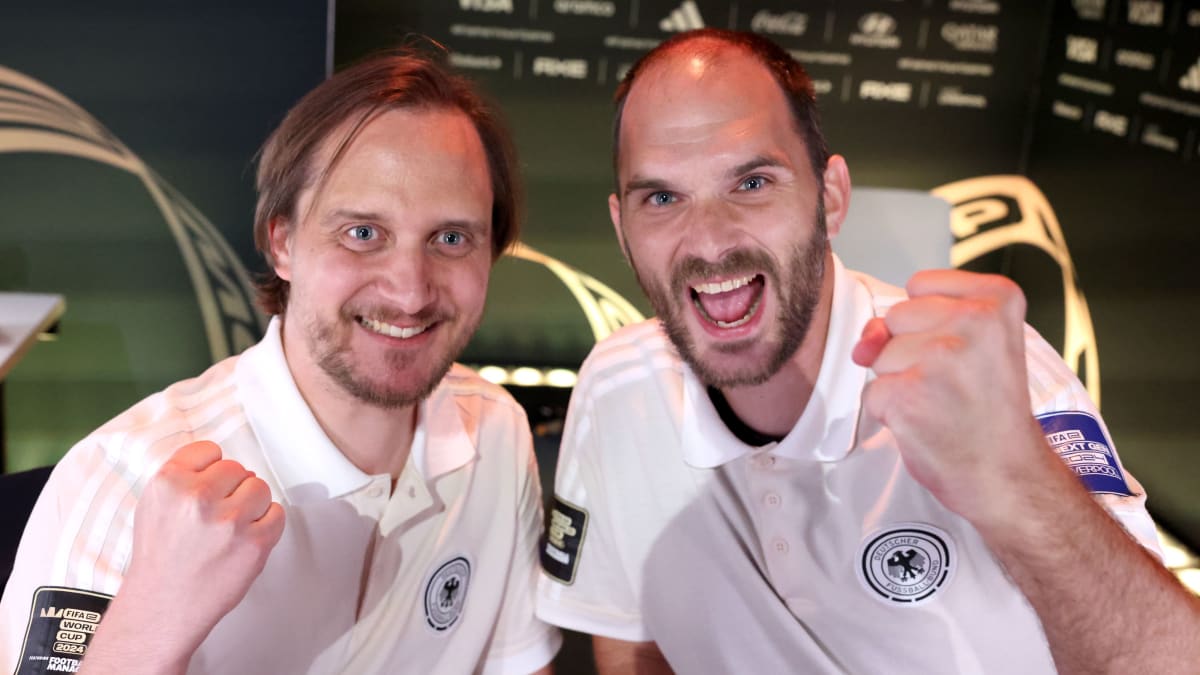On September 1, 1939, at 4:45 a.m., exactly 85 years ago, the German warship and training ship “Schleswig-Holstein” attacked the Westerplatte near Danzig. This marked the beginning of the German invasion of Poland and the Second World War, as ordered by Adolf Hitler. In the following six years of war, more than 60 million people lost their lives.
Adolf Hitler announced that the attack on Poland was to be considered a defensive measure and claimed that Polish soldiers had attacked the Gliwice radio station. In fact, the incident was staged by the SS. France and Great Britain demanded that German soldiers withdraw from Poland within two days. Hitler ignored the ultimatum. This marked the beginning of a barbaric war that soon spread across large parts of the world and brought unimaginable suffering to many millions of people. In Germany, September 1st is celebrated every year as “Anti-War Day”.
On the occasion of the 85th anniversary of the German invasion of Poland and the beginning of the Second World War in Europe, European Minister Katrin Lange on August 30th in Potsdam: “It remains of great importance to remember this historic event, not to forget the horrors that followed and to learn the lessons for a common future in Europe. This is especially true today, when war is raging in Europe again. And it is especially true for the relationship with our large neighbour Poland, which suffered terribly in a very special way under the German attack and the subsequent occupation regime. Shared remembrance remains necessary in order to shape the future together. The one and the other – they belong together.”
At the same time, Brandenburg’s Minister for Europe recalled the process of reconciliation that had taken place and that Germany, Brandenburg and Poland are now “very friendly.” This difficult reconciliation process was marked by “milestones that are still significant today” on both the Polish and German sides, said Lange. One of the first steps towards reconciliation between Germans and Poles was the letter from the Polish bishops to their German counterparts in 1965. “It was Willy Brandt’s courageous and self-confident German Eastern policy that paved the way for a completely new shape of the relationship between the two peoples and the securing of peace in Europe,” said Lange. Brandt was awarded the Nobel Peace Prize for this achievement. Poland’s contribution to the fall of the Iron Curtain and thus to German unity was also of great importance for the development of German-Polish relations. This was followed in 1991 by the conclusion of the German-Polish Good-Neighborhood Treaty.
Photo: Pixabay.com


